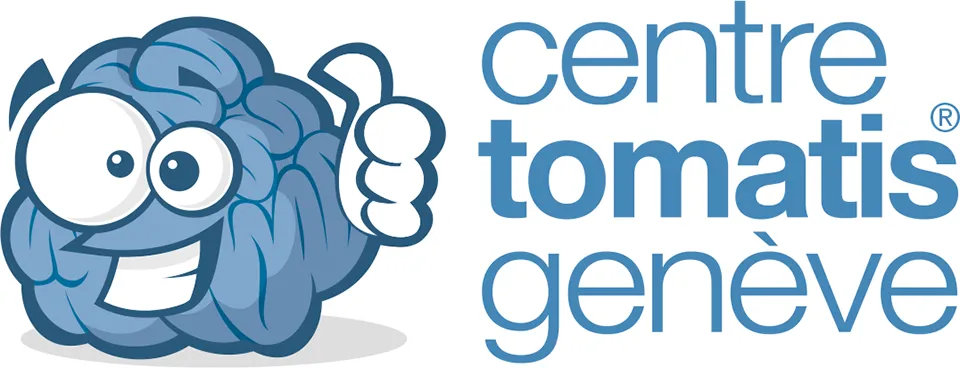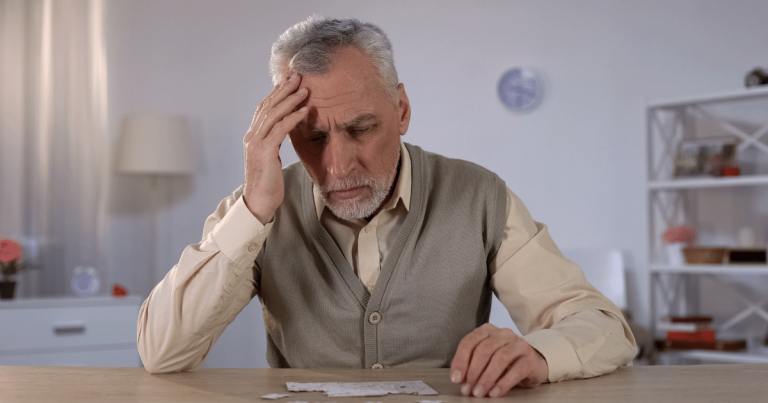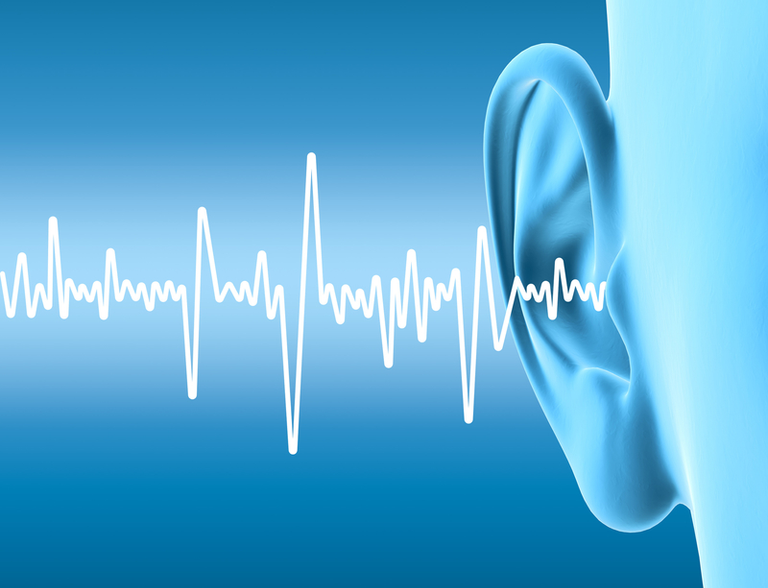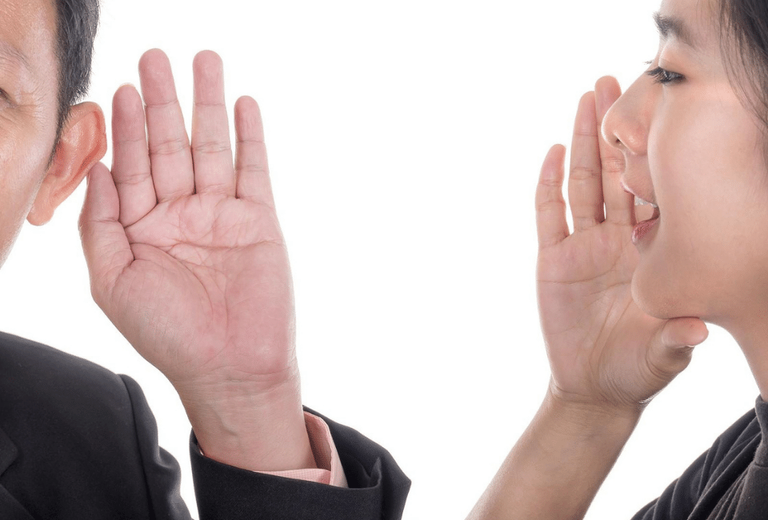My life on medication. Emma's testimonial, 23 years old.

Between wanderings, loss of self-esteem and addiction.
Discover the inspiring story of Emma, diagnosed with attention deficit disorder at the age of 9, immediately medicated, and her struggle to cope today.
It all started at the age of nine. I tended to talk a lot in class with a girlfriend. My French teacher, who was probably annoyed by this, wondered if we didn't have an attention deficit. Since we had a psychologist at school, it was quickly decided that I should go see her. I wasn't very enthusiastic, and I wish my mother had been more sympathetic to my apprehension. The problem was also that my mother was going through a difficult period following my parents' divorce, she was depressed and slept most of the day. So there's no support to be had from that side. My father, on the other hand, wasn't too keen on the idea of giving me medication. But their relationship had deteriorated so much that even if he had wanted to oppose it, my mother would not have listened to him, and probably would have even done the opposite, just to hurt him.
I have very bad memories of my appointments with this psychologist. She did not listen to me and was determined to diagnose me. She wanted to fit me into a box, and had very harsh words for the little girl I was. I felt judged, pigeonholed. "You have a problem, you're not like your peers. You're just very creative and you can't concentrate. But it's not your fault." What effect do you think that had on me? I quickly lost my self-confidence, and my relationships with my friends deteriorated, I became withdrawn. This interview with the psychologist led to medication with Conc∈rta, once a day in the morning.
My first day at Conc∈rta? I remember it very well. That day I almost forgot to drink and I completely lost my appetite. I was ashamed to death, what could I tell my friends? I decided to keep it all to myself. Of course, because I wasn't feeling well, my friends kept worrying and questioning me. I had to keep everything to myself, I dodged their questions and I started not talking to them too much, it was very difficult to live.
After a few weeks and in desperation, I decided to stop taking my Conc∈rta pill in the morning. Obviously, in secret from my mother.
What a change! I was hungry again, I was cheerful, happy, and I started to have fun with my friends again. In short, everything was fine again. Until my mother found out. I was forced to go to the doctor, they looked into changing my dosage and decided that I would no longer take one dose of Conc∈rta in the morning, but would take a smaller one so that I would be hungry by noon, and then take another pill after lunch. This second pill was not Conc∈rta, but Rιtalin.
The problem was that I sometimes forgot to take the Ritalιne in the early afternoon, obviously I was just a kid and didn't want to feel the effect of the drug. When this was discovered, we went back to the basic dosage: a stronger dose of Conc∈rta in the morning.
Was I asked my opinion? Certainly not, you take you medication and that's is. This is the period of my life that I call "zombie mode". You knowe, when you're on these drugs, you don't really know who you are anymore, you feel like you're losing your personality. Like you're a robot.
I am now 12 years old, that's when I discovered that Conc∈rta can be combined with other substances. The first time I smoked a cigarette, I didn't notice anything special, because it was during the vacations and I wasn't taking my medication. But one day, I did it again, while I was on Conc∈rta. I felt so relaxed, I felt so relaxed, it was irresistible. Smoking a cigarette on Conc∈rta became my obsession.
My morning ritual is my Conc∈rta pill at 6am. I'm already looking forward to 7am, because my first cigarette at the bus stop is ecstasy. Walking while listening to music with the combined effect of the cigarette and Conc∈rta is even better. I look forward to my lunch break, not to eat, but to smoke.
I'm 14 years old, I smoke ½ pack of cigarettes a day, and this will be like this for the rest of my schooling.
My grades? Mediocre. I can't study, I'm late with my homework. If I can encourage my classmates not to work, I do.
I am 18 years old, I am starting university. My parents tell me: now that you are studying by choice and not by obligation, we can stop the Conc∈rta. After almost 10 years, I don't have the courage. Who am I going to be if I don't take it anymore? Will I be able to learn and concentrate enough for my studies? Besides, if I don't take my pill, I'll be hungry all the time. It stresses me out not to take it! You see, the appetite suppressant effect allows me to keep my figure.
But at night, when the effect diminishes, I feel sad, lonely and depressed. So, one day, I decide to quit on my own. I don't tell anyone, I'll last six months.
However, exam time is approaching and I'm stressing again, afraid of failing without my medication. I called my psychologist, got a prescription and started again. I passed my exams and flew to the USA where I started working. But as I am tired in the evening, I decide to add a Rιtaline in the afternoon. It works, I hold on, I stay dynamic until the end of the working day. But a little too dynamic in fact, I can't go to bed early enough. What can I do ?
It's evening, I drink my first beer on Rιtaline. Just like cigarettes at the time, the combination of a substance like alcohol with the drug is amazing: I feel immediately relaxed. I immediately feel confident, I feel like socializing, great!
That's where my drinking problems begin. In not only was I relaxed, confident and in a sociable mood, but I was in a good mood. the more I could line up the beer glasses without tiring myself out or has a peculiarly unpleasant effect on me. So it wasn't a beer that I was drank, but six, and when I opened a bottle of wine, it wasn't a glass,... the bottle went through it.
For me, these drugs, in addition to having effects exhilarating combined with alcohol, increase its resistance. In fact, without me to report, I was like those people who combine drugs and alcohol to make it through the night.
For example, I have an electronic cigarette. When I am not on medication, I smoke three puffs and that is enough for me. On the other hand, on Conc∈rta / Rιtaline, I am able to smoke all day long, and I don't have a sore throat or a headache. I even forget to eat and drink.
One morning, I got scared. I saw myself become an alcoholic. So, being in the States, I joined Alcoholics Anonymous. But I didn't completely identify with their addiction, I recognized in They have my addiction and anxiety, but not their excessive taste for drink. That's when I realized that I wasn't addicted to alcohol, but ...to medication.
And it's a vicious circle. I need the medicine for to be able to work, be active, dynamic, and I need tobacco and alcohol. to stop this effect, to relax, to unwind.
In fact, Conc∈rta and Rιtalin have the same effect on me as cocaine. It increases my self-confidence tenfold, it disinhibits me, and my brain is more efficient. But much better, because if the effect is less, it lasts all day.
Today, I decided to get out of it. Where to turn? I was lucky to find a psychologist who specializes in drug addiction. That's what I need, it's hard for me to admit, but I'm there. We started by changing the protocol, I don't take the Rιtaline in the afternoon, it brings out my anxieties and fears. It helps me deal with them.
I know that I'll be able to trust in me, to be dynamic, to be able to make calls, to work, to love life. But without those drugs.
It's a huge job, I know I have to control myself, especially with alcohol. It's very hard to realize that I've developed this dependency, to live, or rather survive. I realize I don't know who I am, outside of my addiction. That's the thing that terrifies me the most, by done.
The reason I've decided to testify today is for the sake of others, so that other parents understand the consequences of medicalization at a young age, and perhaps make another choice for their children. These drugs are a time bomb because they are psychostimulants similar to amphetamines. You've been warned.
Caution: Authentic testimony aimed at raising awareness of the risks inherent in taking psychostimulants in young children and adolescents. Collected and written by Julien Frère, consultant for the Tomatis Method®.
If you wish to share this article, please point to this page and do not copy it to your website/blog. In order to preserve anonymity, names and locations have been changed.
What are psychostimulants?
Psychostimulant drugs are a class of medications that are primarily used to treat attention deficit hyperactivity disorder (ADHD) and narcolepsy, a sleep disorder. They work by increasing the levels of certain neurotransmitters, such as dopamine and norepinephrine, in the brain. These neurotransmitters are involved in the regulation of attention, impulse control, and other cognitive functions.
Some examples of psychostimulant drugs include:
- Methylphenidate (Rιtalin, Conc∈rta, Day†rana)
- Amphetamines (Adder@ll, Vyvans∈, Dex∈drine)
- Dextroamphetamine (D∈xedrine, ProC∈ntra)
- Lisdexamfetamine (∈lvanse)
These drugs can help to improve attention, focus, and impulse control, making them particularly useful for treating ADHD. However, they can also have side effects such as decreased appetite, trouble sleeping, and increased heart rate and blood pressure. These drugs are controlled substances and have potential for abuse, and should only be used under the guidance of a medical professional, a prescription and appropriate monitoring are necessary. The use and dosage of these drugs should be tailored to each individual patient, therefore, a long-term treatment plan under a physician's guidance is recommended.
About the author
Julien Frère is a consultant for the Tomatis Method. He has developed an approach combining sensory and motor stimulation and nutrition to improve the function of the dopaminergic receptors that are involved in people with attention deficit. To make an appointment, please go to the contact page of this site.



